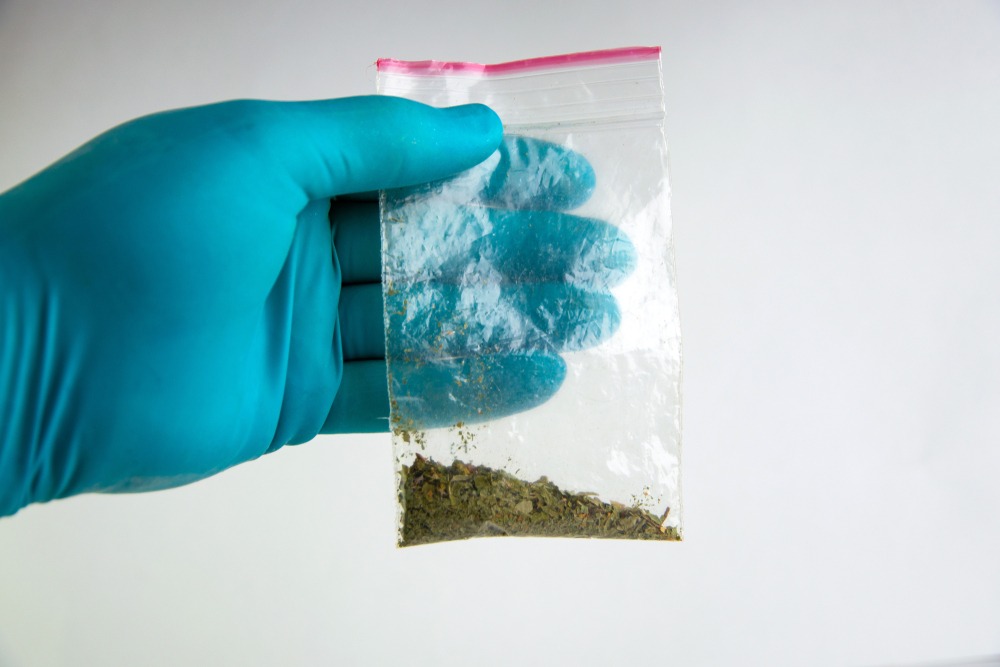Investigating the Promising Applications and Positive Influences of Seasoning as a Synthetic Cannabinoid
Recently, the exploration of synthetic cannabinoids, especially Seasoning, has actually sparked interesting conversations within the clinical and clinical areas. The possible applications and impacts of Spice in various restorative setups have actually drawn attention for their one-of-a-kind properties and effects on the human body. As research study dives much deeper right into this artificial compound, uncovering its similarities and disparities with natural cannabinoids, a nuanced understanding of its benefits and difficulties emerges. This discussion aims to shed light on the promising avenues that Spice presents in the world of medical care and health, motivating a reevaluation of traditional techniques to cannabinoid-based therapies.
Restorative Potential of Spice
Discovering the restorative potential of Seasoning, an artificial cannabinoid, involves a crucial examination of its medicinal buildings and prospective medical applications. Seasoning, likewise called synthetic cannabis, communicates with the endocannabinoid system in a manner comparable to natural cannabinoids, such as those discovered in cannabis. This communication results in numerous physiological results that have triggered interest in its healing possibilities.
Researches have shown that Spice may have possible as an analgesic, helping to ease discomfort in conditions such as neuropathic pain or persistent inflammatory pain - Buy K2 Paper For Sale. Furthermore, its communication with cannabinoid receptors offers a possibility for exploring its use in taking care of symptoms of conditions like several sclerosis or chemotherapy-induced nausea or vomiting and throwing up

Discomfort Management Advantages
Seasoning, an artificial cannabinoid, exhibits promising capacity hurting management due to its analgesic residential or commercial properties and communications with the endocannabinoid system. The analgesic properties of Spice stem from its capability to regulate discomfort understanding pathways, offering remedy for different kinds of discomfort, consisting of neuropathic, inflammatory, and nociceptive discomfort. By targeting the endocannabinoid system, Flavor can control discomfort signals, minimize swelling, and ease pain connected with persistent discomfort problems.
Research studies have actually shown that Flavor can successfully minimize pain intensity and improve pain tolerance in preclinical models of discomfort. This artificial cannabinoid has actually demonstrated effectiveness in handling pain symptoms without causing substantial damaging impacts typically connected with typical discomfort medicines. Furthermore, Flavor reveals possible in minimizing opioid dependence and misuse, providing a safer alternative for discomfort administration.
Neuroprotective Features
Artificial cannabinoids like Flavor have been increasingly recognized for their possible neuroprotective residential or commercial properties in reducing neuronal damage and advertising mind health and wellness. Studies recommend that these compounds might offer neuroprotection with different systems, including antioxidant results, anti-inflammatory homes, and inflection of neurotransmitter launch. By communicating with the endocannabinoid system in the brain, artificial cannabinoids can control neuronal task and possibly minimize the impact of neurodegenerative conditions or injuries.
One key look at these guys facet of the neuroprotective residential properties of Spice is its capacity to modulate excitotoxicity, a procedure wherein extreme excitement of neurons brings about cell damage or fatality. By regulating neurotransmitter launch and dampening excitotoxic signaling paths, artificial cannabinoids may assist safeguard neurons from harmful overstimulation. Furthermore, the anti-inflammatory results of Spice might minimize neuroinflammation, which is typically linked in various neurological conditions.
Relative Evaluation With Natural Cannabinoids
In comparing the neuroprotective residential properties of synthetic cannabinoids like Spice with those of natural cannabinoids, a nuanced analysis of their respective impacts on neuronal wellness is crucial. All-natural cannabinoids, such as those discovered in the marijuana plant, have been extensively examined for their neuroprotective results. These substances interact with the endocannabinoid system in the body, which plays a crucial duty in maintaining neuronal function and safeguarding against neurodegenerative illness.

Regulative and Moral Considerations
Taking into consideration the potential ramifications on human health and wellness and wellness, an examination of governing and moral considerations surrounding the use of synthetic cannabinoids compared to all-natural cannabinoids is important. Synthetic cannabinoids, like Spice, existing special difficulties because of their frequently unknown chemical compositions and potency variants. Regulative bodies face the challenging task of staying on top find more of the fast development of brand-new artificial cannabinoid compounds, which can make it challenging to implement constant and effective laws.

To attend to these regulatory and ethical obstacles, policymakers need to prioritize study right into the long-term results of artificial click here to find out more cannabinoids and establish clear standards for their production, sale, and use. Furthermore, education and learning campaigns are vital to educate the general public about the threats connected with artificial cannabinoids and advertise responsible intake practices. By taking positive actions, society can much better secure versus the possible harms posed by synthetic cannabinoids while promoting moral requirements and securing public health and wellness.
Final Thought
Finally, the examination right into the healing potential of flavor as an artificial cannabinoid has revealed encouraging lead to discomfort monitoring and neuroprotection. Comparative analysis with all-natural cannabinoids recommends similar benefits. Nonetheless, regulatory and honest factors to consider must be very carefully taken a look at prior to prevalent use. Generally, the favorable impacts of spice as a synthetic cannabinoid warrant additional research study and expedition in the clinical area.